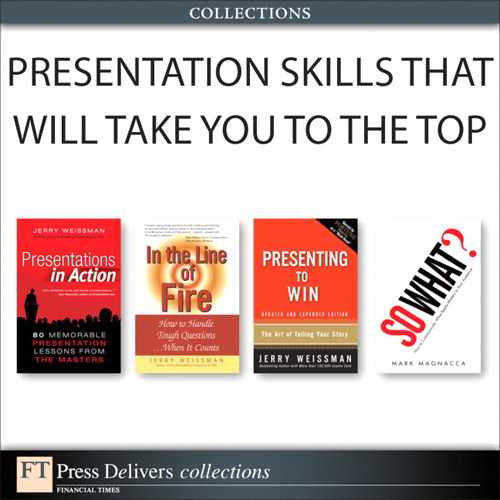57. Unwords: Even Barack Obama Says Them
Every crossword puzzle in the Sunday edition of the New York Times has a stated theme. One, called “Roughly Speaking,” played out the answers in words that contained either “er” or “um.” When spoken, those two sounds are known as fillers or “unwords” because they have no meaning. Unwords are the bane of any speaker’s existence because they make the presenter appear uncertain.
Barack Obama, whose superior speaking skills are acknowledged by detractors and supporters alike, often lapses into unwords when he departs from his trusty teleprompter and speaks extemporaneously, such as in press conferences. Those lapses drew much spoofing during the early months of his presidency. Many of the spoofs took the form of “slice and dice” videos in which video editors extracted Mr. Obama’s “ums” and “‘ahs” from the recording of a press conference and strung them together into a tight montage known as a mashup. David Letterman, whose show has a running feature of satirical videos about presidents, did his own mashup of Mr. Obama’s unwords.F57.1
Unwords, as the Times crossword puzzle had it, are indeed rough speaking, but consider an opposite point of view. An article in London’s Daily Telegraph described an academic study in Scotland:
Experts at Stirling and Edinburgh universities asked volunteers to listen to a series of sentences, including a number punctuated by “ers” and “ahs.”
Then they tested how much the listeners could remember, and found that inserting the “ers” had a significant positive effect on how well the subjects recalled what they had heard.
Up to an hour after hearing typical sentences, volunteers got 62 percent of words correct where there had been an “er” in the sentence.
That compared with 55 percent for similar utterances where there had not been any stumbles. The tests have since been replicated twice and the results are said to be “statistically significant.”F57.2
Evidently, something was lost in translation coming across the Atlantic, because unwords are considered anathema for U.S. presenters. Speakers fret about saying them and search desperately for ways to stop saying them.
Unfortunately, most of the solutions are cast in negative terms, such as, “Don’t say ‘Um’!” Or, “If you say ‘um’ you have to pay a quarter!” Negativity doesn’t work for nail biters or smokers, nor does it work for presenters. If you tell someone what not to do, it will cause that person to do it more often. Telling a presenter not to say “um” will simply produce more “ums.”
The simplest and most effective way to eliminate unwords is to pause between phrases and take a breath. When you take a breath, you cannot make a sound. Try it. Take a deep breath and try to say “um.”
See?
Barack Obama did. Realizing the detrimental effects of his unwords, he took control of his cadence in his extemporaneous press conferences by inserting pauses. In fact, all he did was to leverage the technique that serves him so well in his teleprompter speeches and bring it into his unscripted press conferences.
Speaking from a teleprompter involves reading a script that scrolls by on two transparent teleprompter panels. The separation between the panels causes the speaker—Mr. Obama, in this case—to swing between them; the swings cause him to pause between his phrases, and the pauses inhibit his unwords. Now, by punctuating his phrases and pausing more frequently, he produces the same rhythmic pattern in his press conferences that is so compelling when he delivers his scripted teleprompter speeches.
Think about that: The way to eliminate unwords is to breathe.
Yes, you can.
